25 Shocking Smoking Facts That Will Make You Quit Now | FactsLook
The Ancient Origins of Smoking: It's Older Than You Think

Smoking isn't a modern invention. Evidence suggests that burning plant matter for ritualistic and medicinal purposes dates back as far as 5000 BC in the Americas. Indigenous cultures traditionally used tobacco in sacred ceremonies, vastly different from today’s commercial smoking practices. This historical context offers a unique perspective on a habit steeped in ancient traditions.
Nicotine Reaches Your Brain in Seconds
Believe it or not, nicotine arrives at your brain just 11 seconds after you inhale cigarette smoke. This rapid delivery is why nicotine is so addictive; it quickly triggers the release of dopamine, creating feelings of pleasure and reinforcing the smoking behavior. This speed explains the power of cravings.
Smoking Affects Your Sense of Taste

Smoking doesn't just damage your lungs – it dulls your taste buds! The chemicals in cigarette smoke interfere with your ability to detect sweetness and saltiness, making food taste bland. Many smokers lose up to two-thirds of their taste buds, impacting nutritional intake and enjoyment of food.
Secondhand Smoke is *More* Dangerous for Children
Children exposed to secondhand smoke are at a significantly higher risk of respiratory infections, asthma attacks, ear infections, and even sudden infant death syndrome (SIDS). Their lungs are still developing, making them far more vulnerable to the harmful effects of smoke. Source: [https://www.cdc.gov/tobacco/data_statistics/fact_sheets/secondhand_smoke/general_facts/index.htm]
Smoking & Your Vision: A Recipe for Blindness
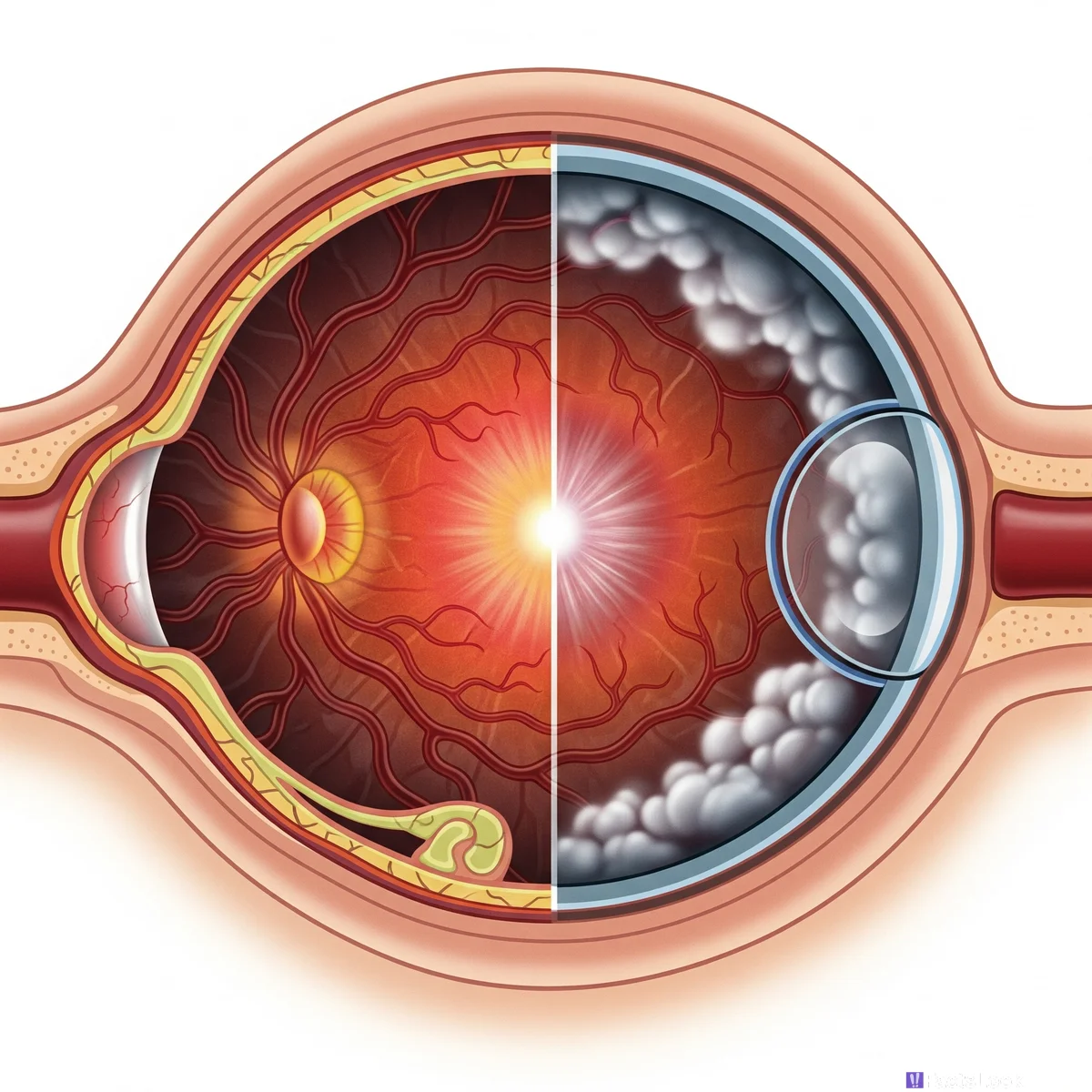
Smoking dramatically increases your risk of age-related macular degeneration (AMD) and cataracts—leading causes of blindness. The chemicals in smoke damage the delicate tissues in your eyes. Smokers are 2-3 times more likely to develop AMD than non-smokers.
Smoking and Wound Healing: A Delayed Process
Smoking impairs blood flow and weakens the immune system, resulting in significantly slower wound healing. This means that smokers take longer to recover from surgeries, injuries, and even simple cuts and bruises. It also increases the risk of complications like infection.
Smoking Impacts Fertility in Both Men & Women

Smoking isn't just bad for your general health; it also affects your reproductive capabilities. It can reduce sperm count in men and increase the risk of erectile dysfunction. In women, it can damage the ovaries, leading to difficulty conceiving and an increased risk of miscarriage.
The Cigarette Butt Problem: Environmental Toxicity
Cigarette butts are the most littered item on the planet. They are made of cellulose acetate, a type of plastic that takes decades to decompose. They leach toxic chemicals into the environment, poisoning waterways and harming wildlife. Consider the environmental cost of your habit.
Smoking Increases Your Risk of Type 2 Diabetes
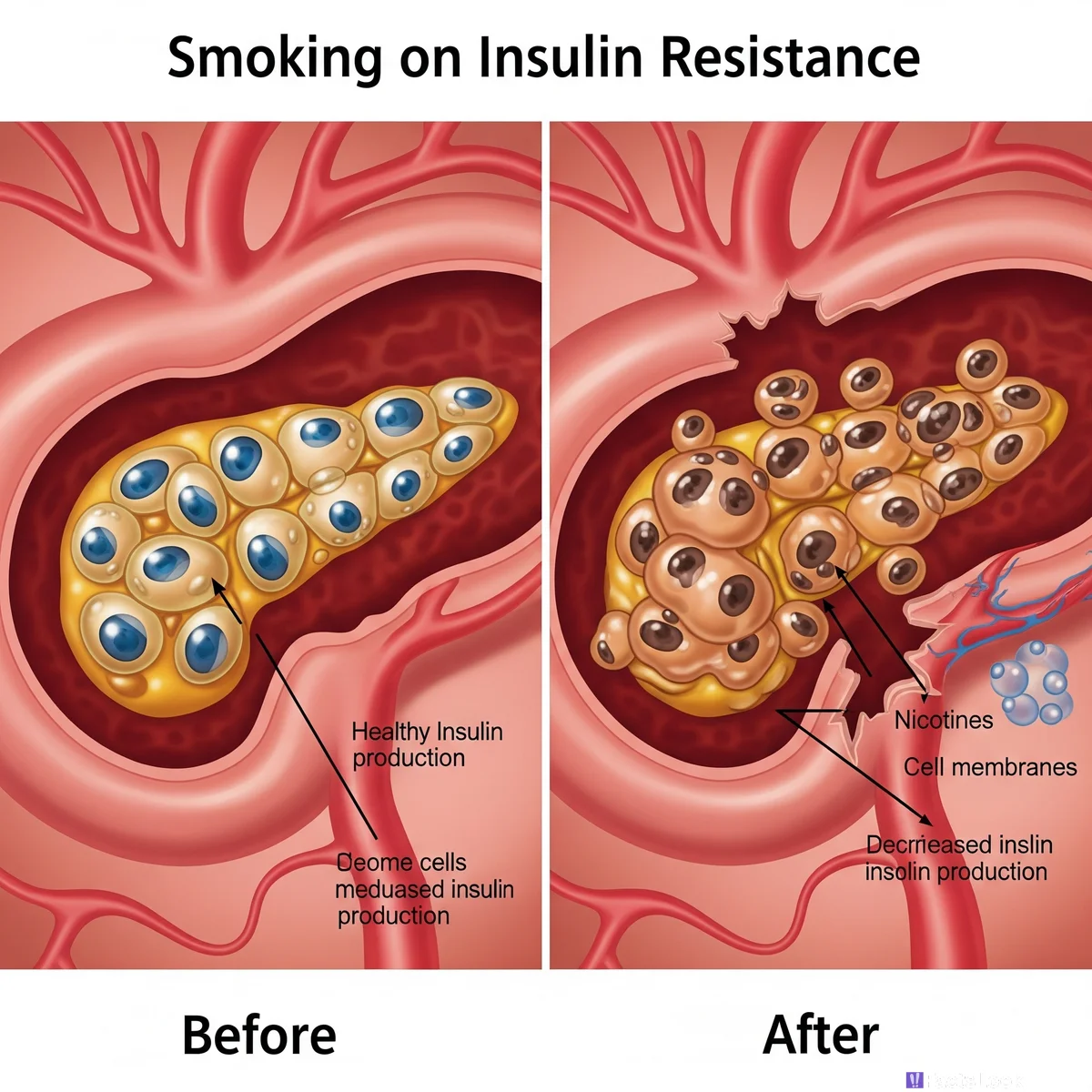
Smokers have a 30-40% higher risk of developing type 2 diabetes compared to non-smokers. Nicotine impairs the body’s ability to use insulin effectively, leading to insulin resistance. Quitting smoking can significantly reduce this risk.
Smoking and Gum Disease: A Destructive Duo
Smoking weakens the immune system, making you more susceptible to gum disease (periodontitis). The toxins in smoke also interfere with the healing of gum tissue. Smokers are twice as likely to develop gum disease which can lead to tooth loss.
Quitting Smoking Improves Your Circulation Within *Days*
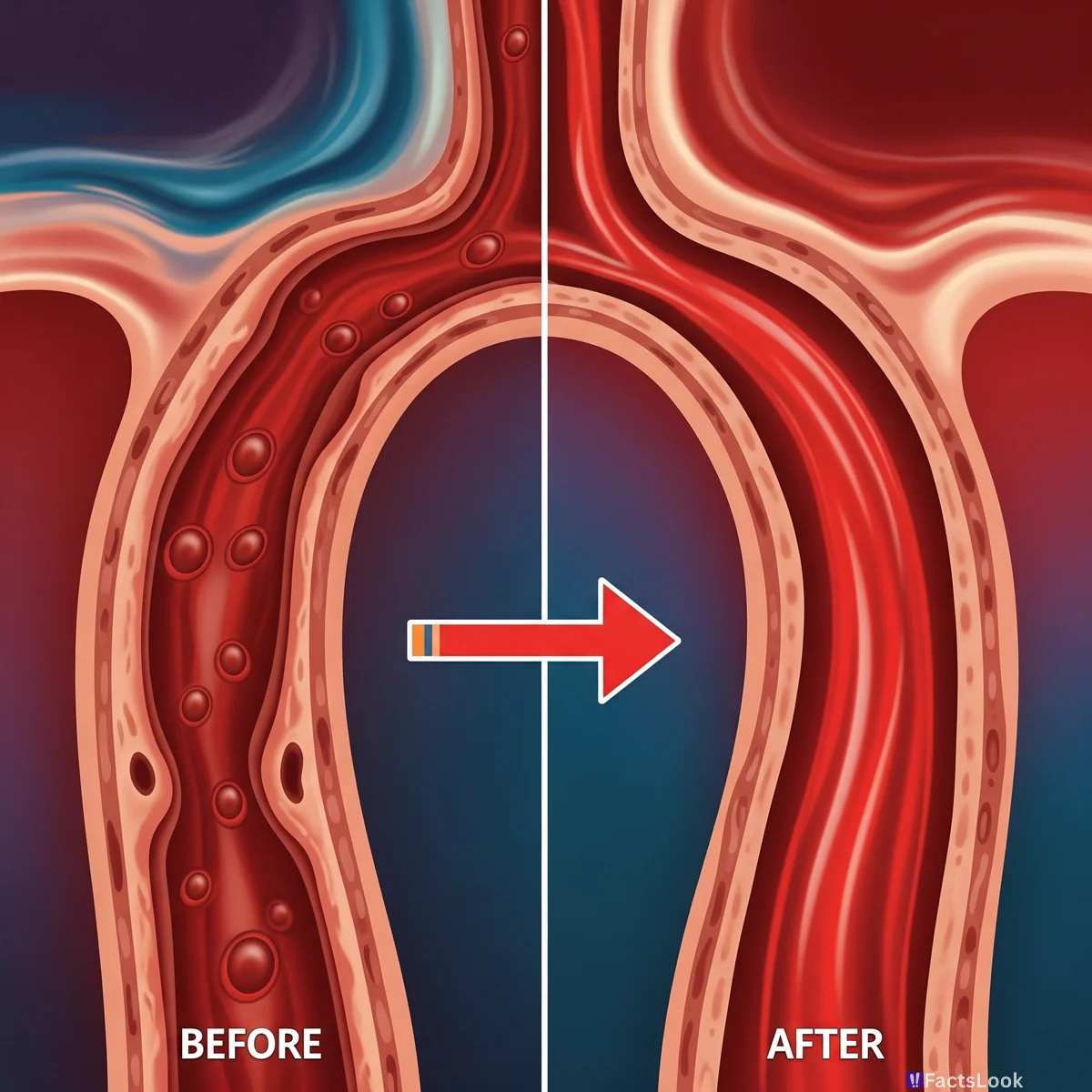
Within just 20 minutes of quitting smoking, your circulation begins to improve. Your heart rate and blood pressure return to normal levels. This immediate benefit is a powerful motivator for anyone considering quitting. The body starts repairing itself almost instantly!
The Link Between Smoking and Rheumatoid Arthritis
Smoking is a major risk factor for developing rheumatoid arthritis (RA), an autoimmune disease that causes chronic inflammation of the joints. Smokers with RA also tend to have a more severe form of the disease.
Teeth Yellowing and Smoking: A Visible Consequence
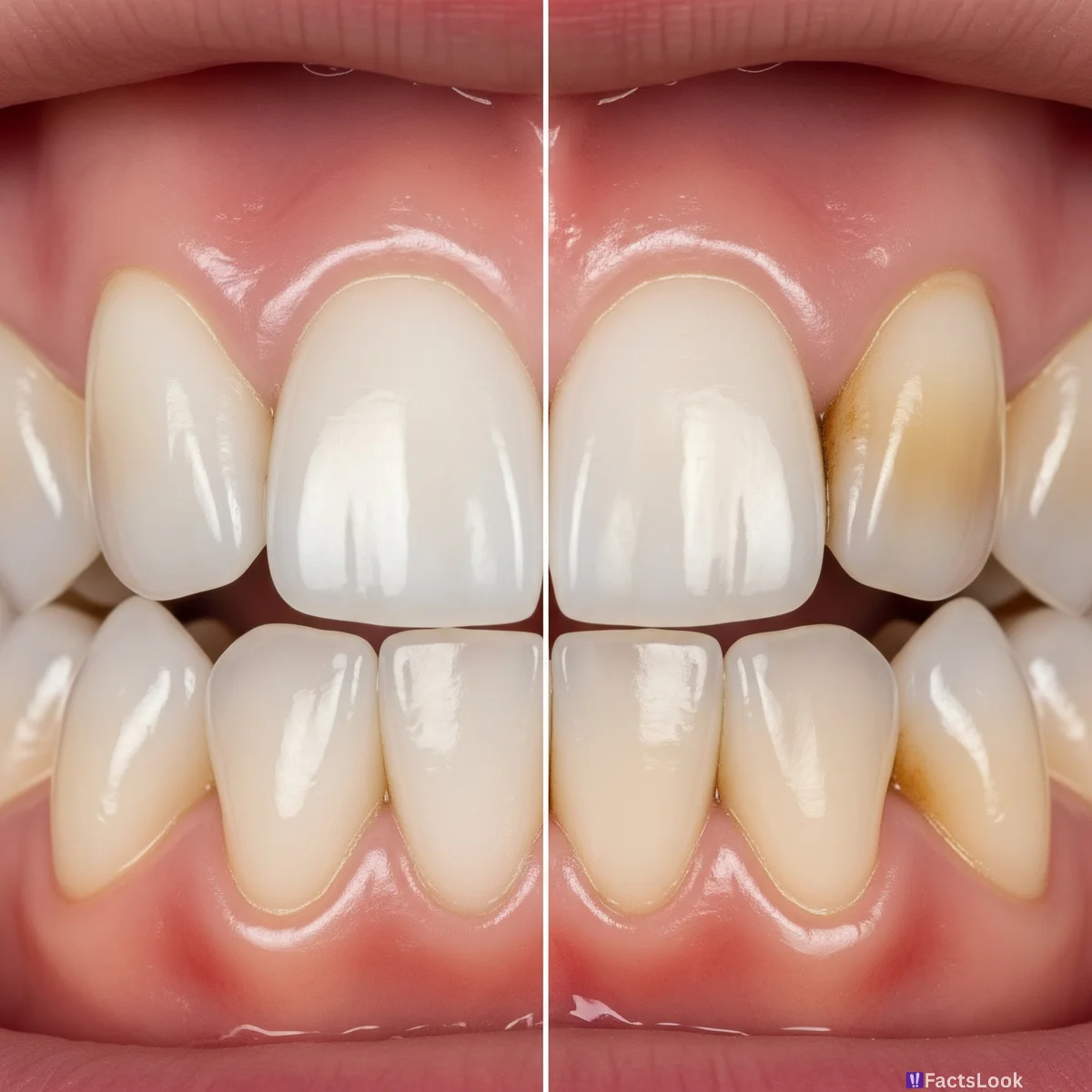
The tar and nicotine in cigarettes stain teeth, leading to unsightly yellowing. This is one of the most visible consequences of smoking, beyond the health risks. Regular dental cleanings can help reduce staining, but quitting is the most effective solution.
Smoking Costs More Than Just Money
Beyond the financial cost of cigarettes, smoking results in lost productivity due to illness, increased healthcare expenses, and premature death. The economic burden of smoking extends far beyond the individual smoker, impacting society as a whole.
E-Cigarettes: Not a Harmless Alternative
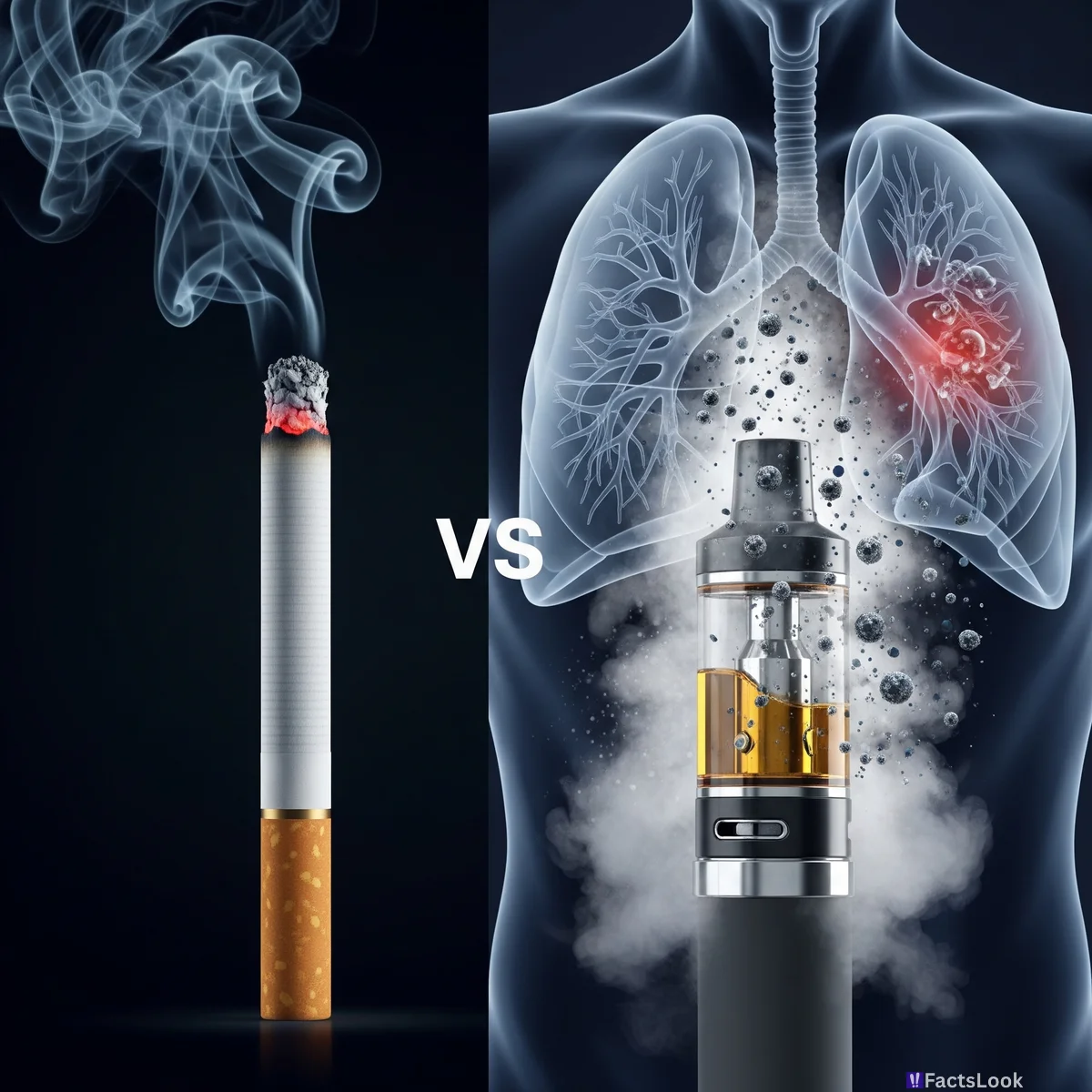
While often marketed as a safer alternative, e-cigarettes still contain nicotine, which is highly addictive. They also expose users to other harmful chemicals, and their long-term health effects are still unknown. They are *not* a risk-free option. Source: [https://www.fda.gov/tobacco-products/end-and-smoke-free-alternatives/e-cigarettes-and-vaping]
Smoking & Increased Risk of Stroke
Smokers are at a significantly increased risk of stroke compared to non-smokers. Smoking damages blood vessels, making them more prone to blockages and rupture. This can lead to debilitating long-term disabilities or even death.
The “Filter” Myth: It Doesn't Protect You
Despite the presence of filters, cigarettes still deliver harmful chemicals to your lungs. Filters primarily reduce smoke irritation, not harmful substance intake. Don't be fooled into thinking a filter makes smoking safe.
Quitting Smoking Improves Your Mental Health
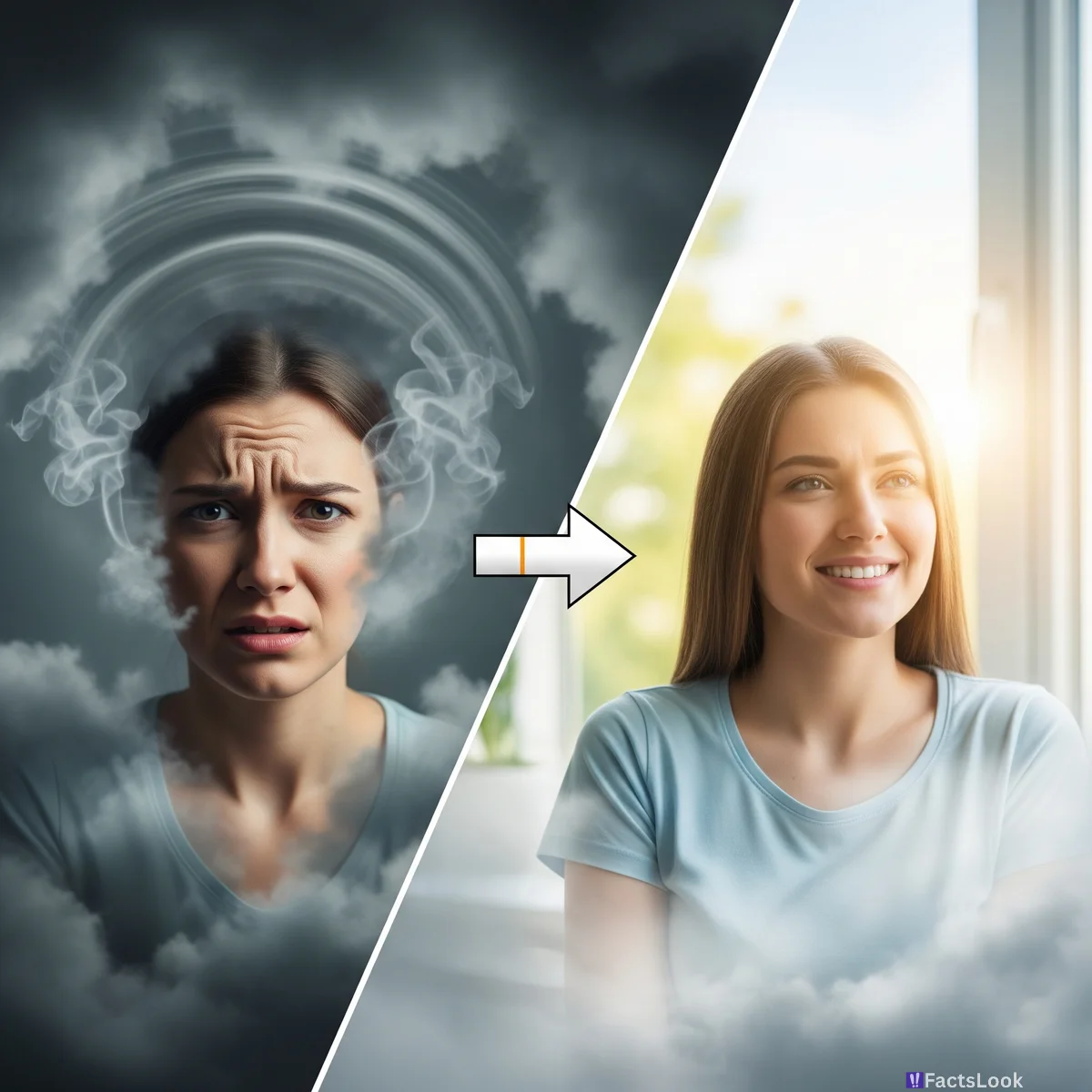
Many people believe that smoking relieves stress, but the opposite is true. Nicotine addiction can worsen anxiety and depression. Quitting smoking has been linked to improvements in mood, reduced stress levels, and increased overall well-being.
Smoking & Bone Density Loss
Smoking interferes with the body’s ability to absorb calcium, leading to decreased bone density. This increases the risk of osteoporosis and fractures, particularly in women. Smoking significantly weakens your skeletal system.
The Global Toll of Smoking: A Public Health Crisis

Smoking causes over 8 million deaths worldwide each year. It is a leading cause of preventable death and disease, placing an enormous burden on healthcare systems and economies around the globe. The scale of the problem is truly staggering.
Withdrawal Symptoms are Temporary
Quitting smoking triggers withdrawal symptoms like irritability, anxiety, and cravings. However, these symptoms are temporary and gradually subside over time. There are numerous resources and therapies available to help manage withdrawal and increase your chances of success.
Thirdhand Smoke: The Hidden Danger

Thirdhand smoke refers to the residual nicotine and other chemicals left on surfaces after smoking. It can linger for months or even years, posing a health risk, particularly to children. It is especially dangerous on fabrics and furniture.
Hypnosis and Acupuncture as Quit-Smoking Aids
While effectiveness varies, some individuals find hypnosis and acupuncture helpful in managing cravings and quitting smoking. These complementary therapies can be used alongside other evidence-based treatments for a more comprehensive approach.
Support Groups Increase Quit Success Rates

Participating in a support group, either in person or online, can significantly boost your chances of quitting smoking. Connecting with others who are going through the same challenges provides encouragement, accountability, and valuable coping strategies.
Comments
Loading comments...